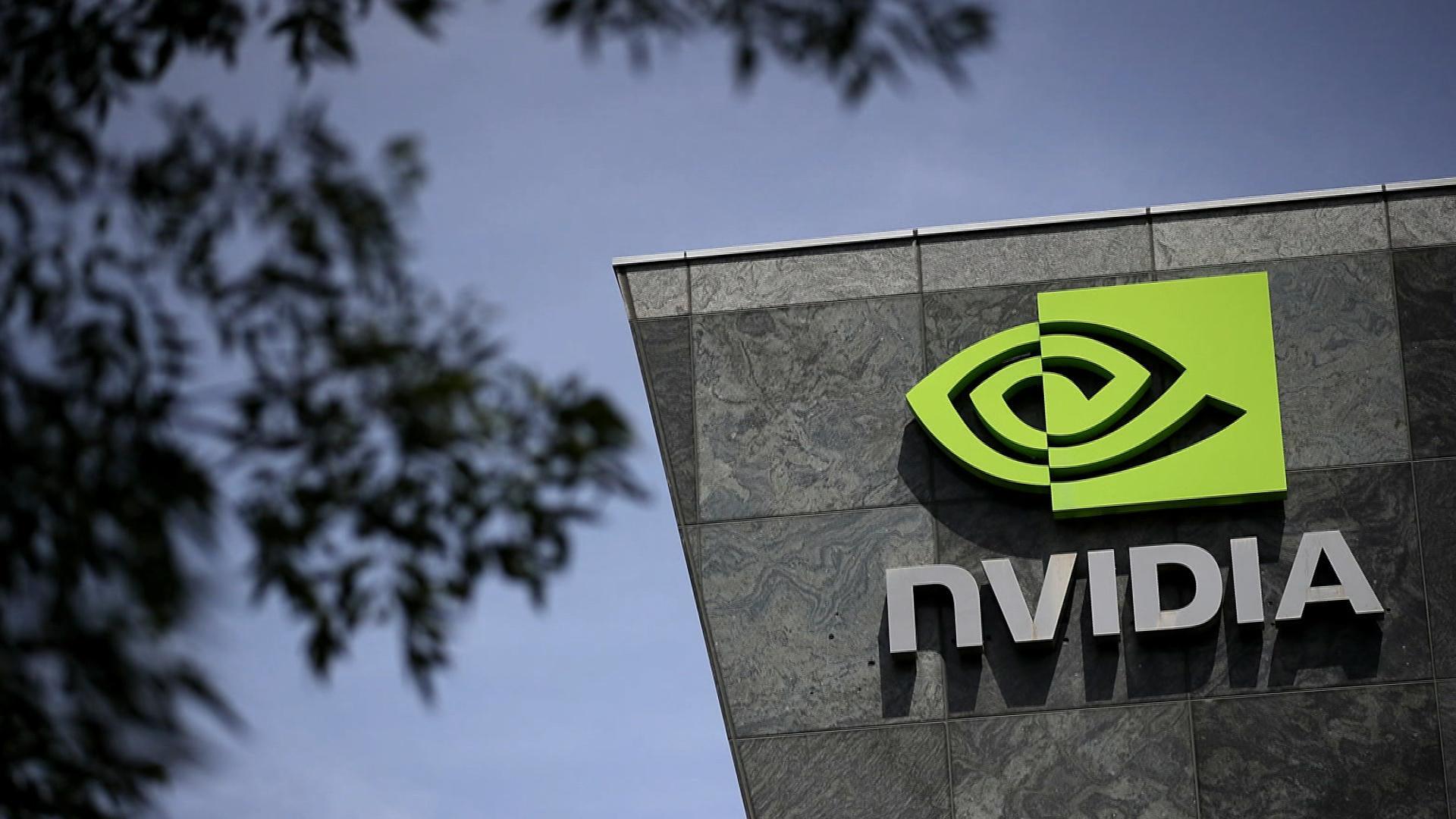
Source: cbsnews.com
Image content: The image shows a building with the NVIDIA logo on it, featuring a green square with a black eye-like design and the company name in silver letters. The building's exterior is constructed from gray stone tiles, and the photo is taken from a low angle, with tree branches visible on the left side of the frame against a blue sky. The overall atmosphere suggests a daytime setting, likely outside an NVIDIA office or facility.
Summary
Nvidia's CEO Jensen Huang has lauded China's AI development, calling open-source AI a driver of innovation globally. Nvidia is resuming sales of its advanced H20 computer chips used for AI development, after a pause caused by export license issues with the US administration. China's rapid advancements in AI are attributed to significant financial backing from the state, encouragement of open-source models, and development of key AI infrastructure and research.
Key Points
- Nvidia's CEO praises China's open-source AI models as world-class and a driver of global AI progress
- Nvidia is resuming shipments of advanced AI computer chips following export license assurances
- China has made substantial progress in AI development through government support and open-source models